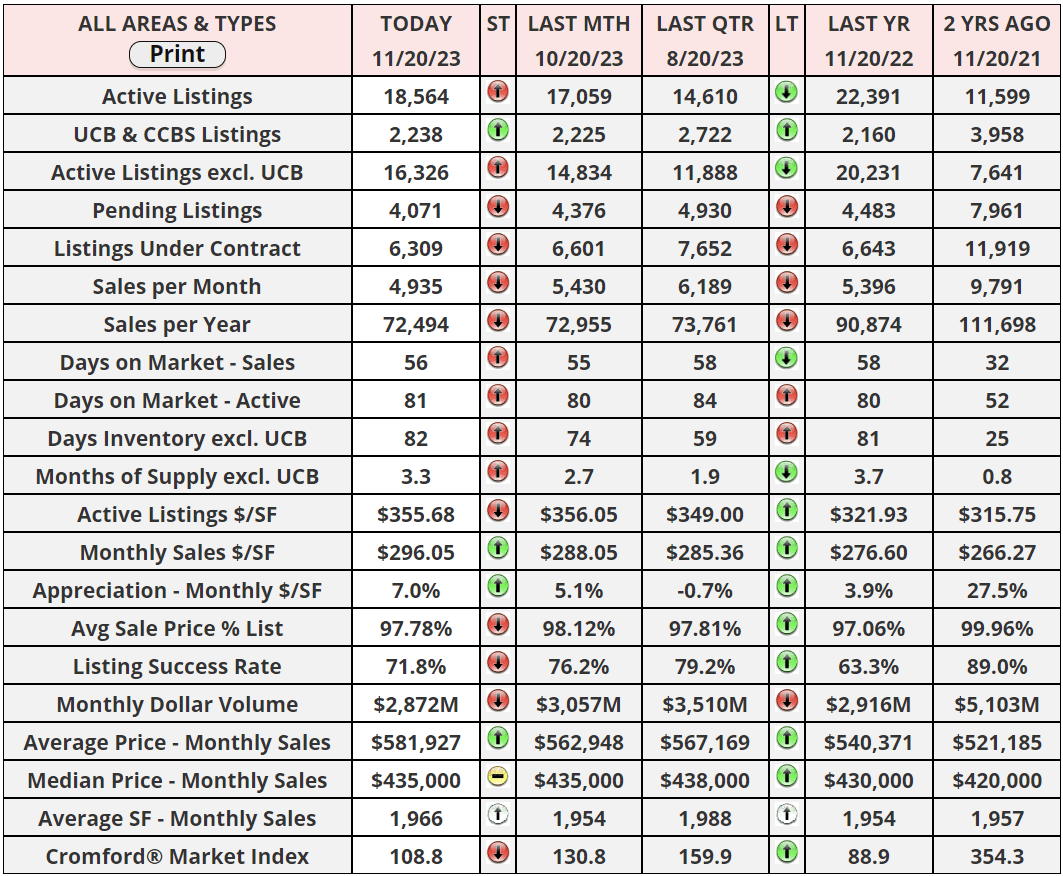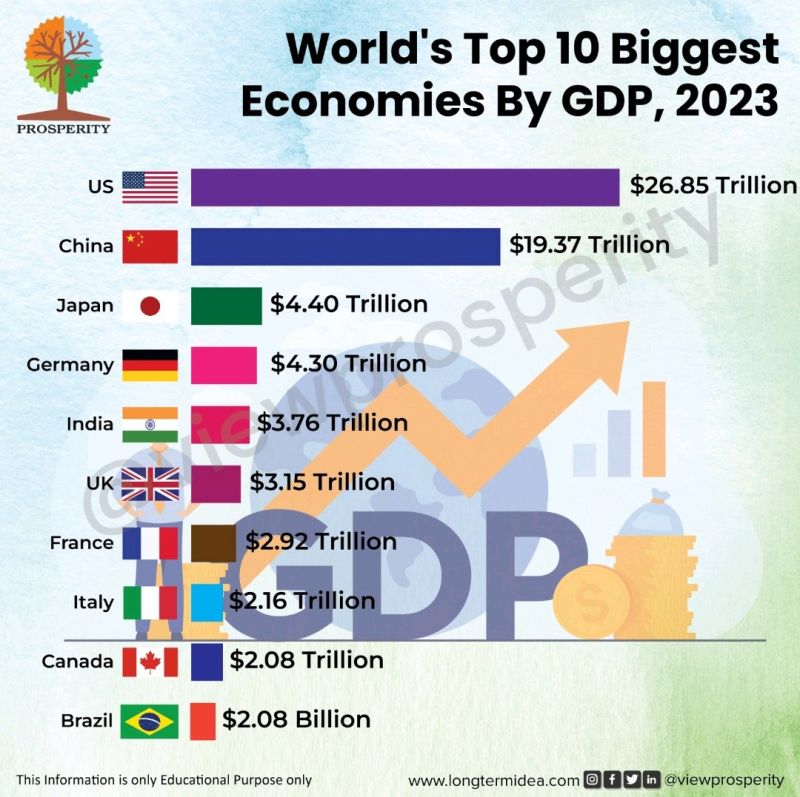Germany’s Housing Construction Crisis Deepens — What It Could Mean for the Global Economy



Some global news to keep an eye on. The German housing construction sector is facing a significant crisis, as revealed by the latest economic data and expert analyses. Initially, Chancellor Olaf Scholz had ambitiously aimed to build 400,000 new homes annually. However, this goal now seems increasingly unattainable, given the current state of the industry. Reports from the Ifo Institute for Economic Research highlight a troubling trend: a surge in the cancellation of residential construction projects and a decline in new orders. The industry's bleak outlook is further underscored by over 22% of companies reporting project cancellations and a notable lack of new orders, with these figures representing significant increases from previous months and years.
The crisis in the German construction sector is not just limited to residential construction but is indicative of broader economic challenges. The construction Purchasing Managers' Index (PMI), a critical indicator of the sector's health, has plunged to its lowest point in over three years. This downturn is primarily centered in the housing sector, which is experiencing a rapid decline. The decline in building permits issued, as reported by the German Federal Statistical Office, confirms the severity of the situation. With only 175,500 permits issued in the first eight months of the year, it's clear that the government's target of 400,000 new homes is far from reach, with projections suggesting that less than 250,000 homes will be built this year.
Several factors contribute to this downturn in the German construction industry. Higher interest rates, a global phenomenon affecting many economies, are a significant factor. These increased rates have escalated the costs of materials, energy, and overall financing, leading to a contraction in the homebuilding sector. The European Central Bank's rate hikes, intended to mitigate inflation, have inadvertently impacted the construction industry. Additionally, reductions in housing construction subsidies have compounded the issue, making it increasingly challenging for private consumers to afford new homes.
The implications of this downturn in the construction sector are far-reaching for the German economy. Experts predict that the situation will likely worsen in the coming year, leading to empty order books and high-cost projects with insufficient demand. This decline could significantly impact Germany's GDP, given the construction industry's substantial contribution to the economy. Moreover, the stagnating construction sector could lead to a broader economic recession and increased unemployment. While the German government has introduced measures to address these challenges, experts remain skeptical about their effectiveness in resolving the underlying issues. Without addressing critical concerns like financing costs, the long-term prospects of the German construction industry, and by extension, the economy, remain uncertain.
One last thing to note, you might be thinking fewer homes mean higher home prices, however, the rising issue here is the lack of work. Lack of work leads to job cuts, job cuts lead to distressed residents, distressed residents lead to unemployment and panicked sellers. It is a domino effect that is the worrying effect here. The question is does this affect us? We are already seeing China getting hurt as well so that is about $23 Trillion dollars of GDP going to start compressing worldwide, and more than likely we will feel in some shape or form.
“Only the paranoid survive.”
—Andy Grove
Have a great week everyone!
Recent Posts











"My job is to find and attract mastery-based agents to the office, protect the culture, and make sure everyone is happy! "
